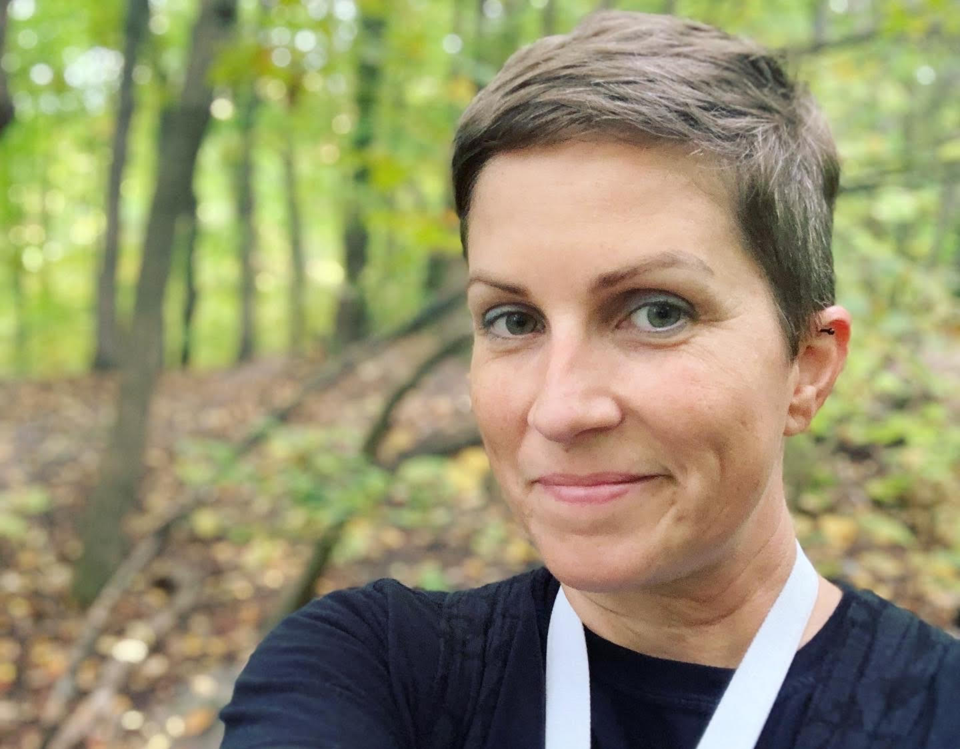The numbers don’t lie, there’s no way around them.
Women only represent 18.2 per cent of the candidates running for mayor and ward councillor in Barrie’s Oct. 24 municipal election.
Nominations closed last Friday afternoon with a total of 44 candidates — just eight of them women.
“It’s not a great number. I’m pleased there are eight, I’m pleased that there are women who have chosen to put their names forward or to run again,” said Jennifer Armstrong of Politics for Women, a local group which acts as a resource for women interested in running for office and how local government works.
There are no women running for Barrie mayor this year, even with Jeff Lehman not seeking a fourth term. There are also no women running in Wards 5 and 7, where incumbents Robert Thomson and Gary Harvey have both been acclaimed, and none running in Wards 8 and 9.
“Personally, it’s disappointing,” Armstrong told BarrieToday. “I’d hoped to see more run and certainly have talked to more women about running than are showing up. We’ve seen a couple of examples of women who have run and won, and then stepped away for personal or other reasons.
“It’s unfortunate that we’re losing the experience," she added.
Coun. Natalie Harris, who’s not seeking re-election in Ward 6 and was in the running for mayor until she withdrew from the race, says her own experiences help explain why more women don’t seek elected office.
“I’m not sure how we will encourage women to run for council when social-media bullying and harassment are at an all-time high,” she said. “I experienced this on so many occasions via social-media platforms, emails and phone calls.
“I also received more death threats than any other council member, according to my anecdotal calculations,” Harris added. “It was mentioned to me on several occasions by different council members that they could see how disproportionately I had negative comments sent my way, much more than my male counterparts with the same votes. I feel that the city did not address this issue firmly enough.”
Armstrong says there’s no one solution to attract more female candidates to local elections.
“It needs a variety of things to happen to make it easier for women to consider running, and to run,” she said.
“Barrie city council being a part-time position, with evening meetings mostly, makes it difficult for women in general because they’re often not only holding down a job but they’re also taking on the majority of housework, child work and caring for elderly or ill parents, and it makes it harder to try and see how politics can fit into that, into those responsibilities as well,” Armstrong said.
Geoffrey Booth, a political science teacher at Georgian College’s Orillia campus, notes that Association of Municipalities of Ontario (AMO) numbers show that more women in Ontario are running for local councils — 27 per cent of the total pool of candidates were women in 2018, an increase from 24 per cent in 2014.
“This change is incremental and I think you’re going to see that trend continue as women realize first of all that they can do this and that they can be successful at it,” he said. “It’s one thing to say anybody can run for office, but if everybody running for office is a white guy in a suit, it makes it a little bit more perceptually difficult for your brains to put yourself in that position.
“It’s about expectation and whether you see yourself in politics."
There are still traditions in place that can make it difficult for women to run for office, he said.
“For example, family,” Booth said. “I think there’s just a whole lot more expectation on women to run the household. I’m not saying it’s good or it’s bad.”
But there are examples of women succeeding on a large scale in Ontario’s municipal elections.
Hazel McCallion, who turned 101 in February, was Mississauga’s mayor for 36 years before retiring in 2014, for instance.
More locally, Janice Laking was Barrie’s mayor from 1988 until 2000.
After being elected to Barrie city council in 1995, the late Aileen Carroll was the Barrie-area MP from 1997 to 2006, then Barrie MPP from 2007 until 2011.
In Essa Township, incumbent Sandie Macdonald was the only candidate for mayor this year and will serve a second term of office.
Innisfil Mayor Lynn Dollin is seeking a second term of office.
AMO also says 42 per cent of women running in contested elections in 2018 were successful, while only 37 per cent of men running in contested elections were successful that year.
But that’s not the point for Harris.
“It’s a toxic job,” she said of being a councillor. “And I don't think it's OK that we keep condoning this toxicity because ‘we are elected officials.’
“In fact, I am just waiting for the hate that will come in my direction after this article is posted. It’s a given. It's too bad,” she said. “Many amazing women will not enter the political ring because they see what other female politicians have experienced. As humans, we don't always have to agree, in fact, we shouldn't always agree — (that's) the beauty of democracy.
“But death threats and harassment are always unacceptable, regardless of your title.”
Harris also says the 'old boys club' has deep roots in Barrie; she says she has experienced it first-hand and that money talks.
“But to be fair, I also see the roots snapping... slowly,” she said. “My hope is that with a change of the guard (a new council), there will be new roots growing in directions that need so much more attention.”
Armstrong says new faces on Barrie city council could lead to better decisions.
“There’s an opportunity there for some great change and a large increase in the diversity of council, which would be welcome, I think,” she said.


